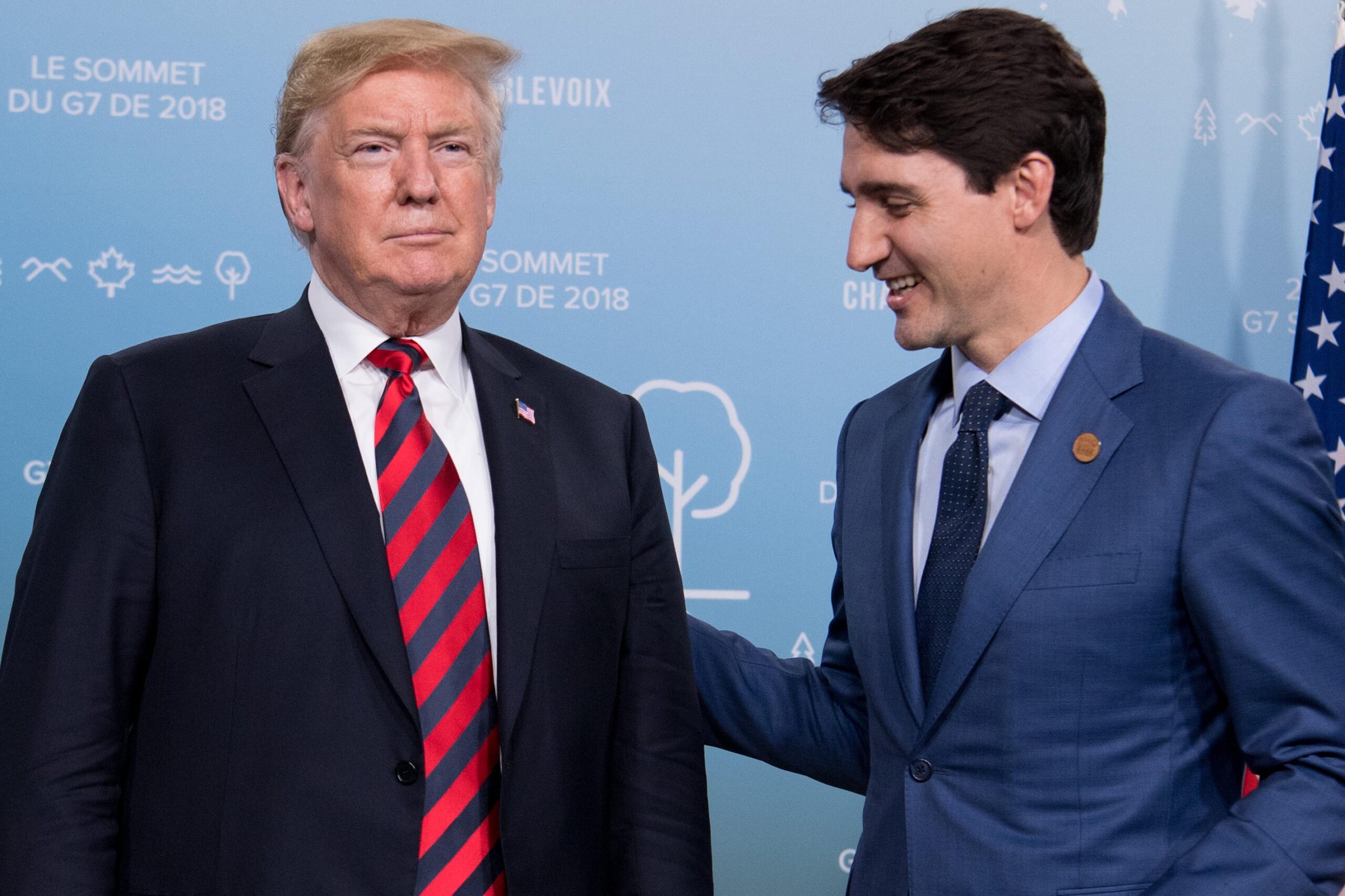Washington, D.C. — President-elect Donald Trump announced a bold economic measure on Monday, pledging to implement a 25% tariff on all goods imported from Canada and Mexico immediately upon taking office on January 20, 2025. The proposed tariff is aimed at curbing illegal immigration and combating the flow of fentanyl and other drugs into the United States.
Trump outlined the plan in a statement shared on Truth Social, declaring, “This tariff will remain in effect until such time as drugs, in particular fentanyl, and all illegal aliens stop this invasion of our country!” He further emphasized that Canada and Mexico have the resources and capacity to address these ongoing issues, framing the tariff as a necessary step to prompt stronger action from America’s neighbors.
A Bold Economic and Security Move
The announcement represents a dramatic shift in trade policy and signals a willingness to leverage economic tools to address security and immigration concerns. While previous administrations have relied on diplomacy and bilateral agreements, Trump’s proposed measure underscores a more confrontational approach.
The economic stakes are high. In 2022, the United States’ trade with Mexico totaled $855 billion, reflecting the deeply interconnected nature of the economies. Canada, another key trading partner, has similarly significant trade relations with the U.S., underpinned by the USMCA agreement, which replaced NAFTA.
The tariffs would have a broad impact on industries ranging from agriculture and manufacturing to automotive and retail. The potential repercussions have already sparked debate among political leaders, economists, and industry experts.
Supporters vs. Critics
Supporters of the proposal argue that a tough stance is necessary to address what they see as inadequate action from Canada and Mexico on critical issues like border security and drug trafficking. Proponents believe that the financial pressure of tariffs will compel these nations to step up their enforcement efforts and cooperate more effectively with U.S. policies.
Critics, however, warn that the tariffs could backfire, leading to higher costs for American consumers and businesses while disrupting the supply chains that have been meticulously built over decades. Vice President Kamala Harris has previously criticized similar tariff proposals, describing them as a “national sales tax” that disproportionately harms lower-income Americans.
Trade experts have also raised concerns about the legality of such unilateral measures under international trade agreements. They fear the move could trigger retaliatory tariffs from Canada and Mexico, escalating into a trade war that would harm all three economies.
International Reaction
The governments of Canada and Mexico have not yet issued official statements regarding the proposed tariffs, but both nations have historically opposed such measures. Mexican officials have emphasized the need for collaboration on shared challenges like migration and security, while Canadian leaders have expressed a commitment to maintaining free trade principles.
Diplomatic discussions are expected to intensify in the coming weeks as the inauguration approaches. Analysts predict that Canada and Mexico will seek to negotiate with the incoming administration to avert the economic fallout from such a sweeping tariff policy.
A High-Stakes Gamble
Trump’s announcement has drawn attention both domestically and internationally, underscoring his continued focus on immigration and national security. By tying economic measures directly to border security, Trump aims to deliver on his campaign promises and reinforce his hardline stance on immigration enforcement.
However, the proposal raises questions about the potential long-term consequences for U.S. trade relationships and economic stability. With significant opposition already emerging, the path forward is likely to be fraught with challenges and intense negotiations.
Sources:
- Reuters: Trump pledges 25% tariffs on Canada and Mexico, deeper tariffs on China
- Financial Times: Trump says he will hit China, Canada, and Mexico with new tariffs
- New York Post: Trump unveils plan to threaten Mexico with 25% tariffs for border security

